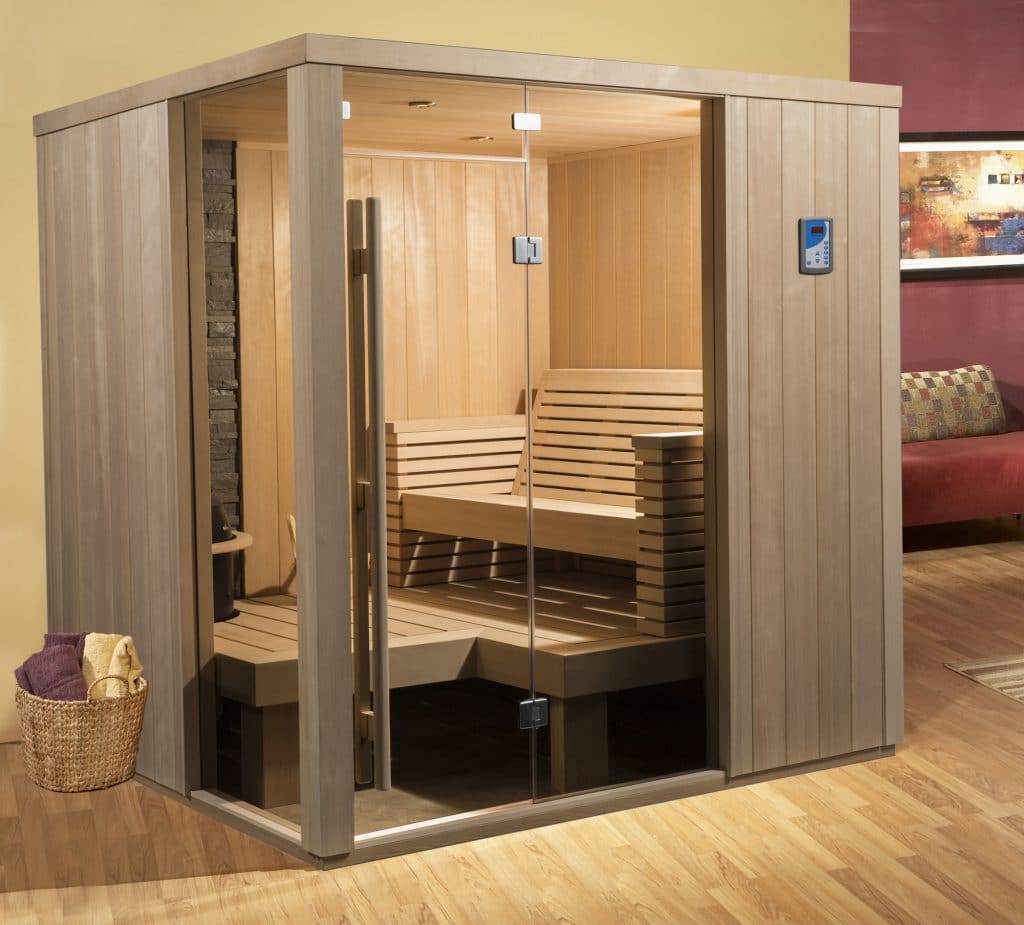Table of Content
Medicaid is a joint federal-state program that provides health insurance coverage to low-income children, seniors, and people with disabilities. In addition, it covers long-term care for those who qualify. This coverage has traditionally meant care in a nursing home, although coverage of care in an assisted living facility or at home are possible . The exact services that Medicaid covers will vary by state and the specific program a senior enrolls in. All states offer some degree of personal care services , but the ways in which they are administered differ widely.

It is often the case that a married person needs nursing home care but their spouse will continue to live in the community and will need income to live on. Medicaid coverage amounts may vary from state to state, depending on the demand for nursing home care coverage. For example, the average cost of nursing home care in the state of California is on the higher end at $304 a day, compared to Texas at $165. This greatly impacts the coverage and benefits you can receive from Medicaid to offset the costs of nursing home care. Very low-income seniors will receive Medicaid insurance instead of Medicare.
What Happens when Medicare Stops Paying for Nursing Home Care?
All 50 states have financial and level of care eligibility criteria for Medicaid-funded nursing home care. The financial eligibility criteria consist of income limits and countable assets limits. These limits change annually and vary based on marital status and one’s state of residence. The criteria to meet a nursing home level of care need also varies by state. The table below is a generalized view of Medicaid eligibility for nursing home care.
For example, each state sets its own income limit to determine if you are eligible for Medicaid. Not all nursing homes accept Medicaid, so check with each facility. Medicare may cover some nursing home costs, but only for short, approved visits.
How Much Do Nursing Homes Cost?
Medicaid will pay for nursing home care on an ongoing, long term basis for however long that level of care is required, even if it is required for the remainder of one’s life. Need for nursing facility services is defined by states, all of whom have established NF level of care criteria. State level of care requirements must provide access to individuals who meet the coverage criteria defined in federal law and regulation. Nursing homes are compared to assisted living communities in that both care for those who need residential health care outside of the home.
For example, commonly an individual will enter a Medicare SNF following a hospitalization that qualifies him or her for a limited period of SNF services. If nursing home services are still required after the period of SNF coverage, the individual may pay privately, and use any long-term care insurance they may have. If the nursing home is not Medicaid certified, he or she would have to transfer to a NF to be covered by the Medicaid NF benefit. Private payments, insurance, Veteran’s benefits and Medicare as well as Medicaid all tend to provide funds for the cost of a nursing home when ordered by a doctor.
What does Medicaid cover?
Are they cognitively challenged, such as having Alzheimer’s / dementia related memory issues? Do they have functional challenges, such as the inability to complete activities of daily living (dressing, eating, transferring, using the toilet, etc.)? If the individual is in danger for two of these reasons, it is likely they would qualify for nursing home level of care, and therefore, qualify for Medicaid from a “level of care” perspective. Medicaid coverage of Nursing Facility Services is available only for services provided in a nursing home licensed and certified by the state survey agency as a Medicaid Nursing Facility . Medicaid NF services are available only when other payment options are unavailable and the individual is eligible for the Medicaid program.

“Medicaid beds” are rooms, or more likely shared rooms, that are available to persons whose care will be paid for by Medicaid. Nursing homes prefer residents that are “private pay”, meaning the family pays the cost out-of-pocket. This is because private pay residents pay approximately 25% more for nursing home care than Medicaid pays.
Ways to spend down assets without violating this rule include purchasing an irrevocable funeral trust, paying off debt, and buying medical devices that are not covered by insurance. There are also several Medicaid planning strategies not mentioned on this page that can be used to help persons meet Medicaid’s asset limit. There are Spousal Protection Laws, which protect income and assets for the non-applicant spouse to prevent spousal impoverishment. There is also a Community Spouse Resource Allowance that protects a larger amount of a couple’s joint assets for a non-applicant spouse.
After a stroke or hip replacement, for instance, Medicare insurance will pay for some rehabilitation in a nursing home. Medical doctor preapproval is required for Medicare to pay for a nursing home stay, with benefits available for up to a 100 day stay. Medicare will pay for the first 20 days of a nursing home stay after a qualifying hospital stay . Medicare does not cover long-term nursing home care, also known as custodial care.
One must begin with personal referrals and to complete as much research as possible. You should also look at nursing home ratings as part of your research and read nursing home reviews whenever they are available. Seniors in the U.S.A. qualify for the government senior health insurance programs once they turn 65-years-old. At this age, they must sign-up for either Medicare or Medicaid. Medicaid is the option for very low-income seniors with few financial assets. The benefits are different for each of these insurance programs and Medicaid is provided in partnership with the federal government and each state government.

Understanding the costs of nursing homes, and what is and isn’t covered under each plan, will help you determine which plan is right for you and your family. It’s in your best interest to know your long-term care options. When Medicare stops paying, you’ll need to apply for different HMO health insurance plans or PPO insurance. This will depend on the plan you choose and how long the rehabilitation stay is.
If you have Mediciare, find a Medicare nursing home that will work with the federal insurance. If you are a veteran, make sure you locate VA nursing homes, specifically tailored to those who have served in the armed forces. Both federally and state-funded, Medicaid helps cover medical costs for people with limited incomes. Most people don't qualify for Medicaid right away and often start off paying for nursing homes with private insurance and personal funds. If you do qualify, Medicaid covers most basic long-term health care costs. Not all nursing homes accept Medicaid, so be sure to confirm with the facility you want.

Each state creates their own Medicaid program and this means the financial requirements and benefits will vary slightly in each state. Overall, assets owned must be very low to qualify for Medicaid insurance as a senior. All 50 states offer Medicare and Medicaid, but nursing home services, cost coverage, and eligibility requirements will all vary.

No comments:
Post a Comment